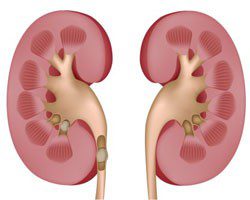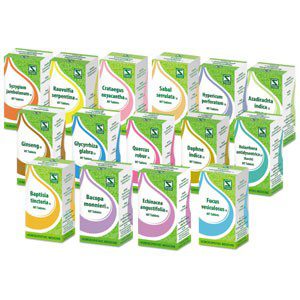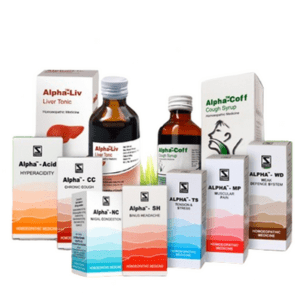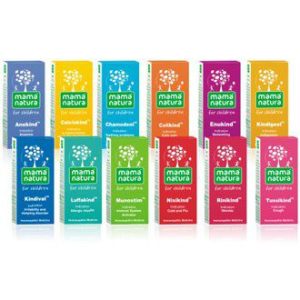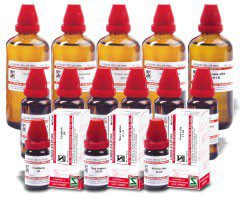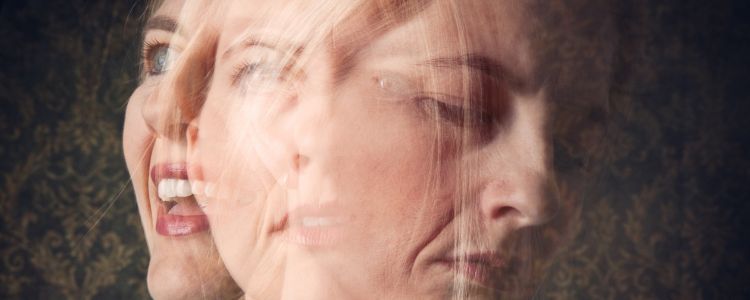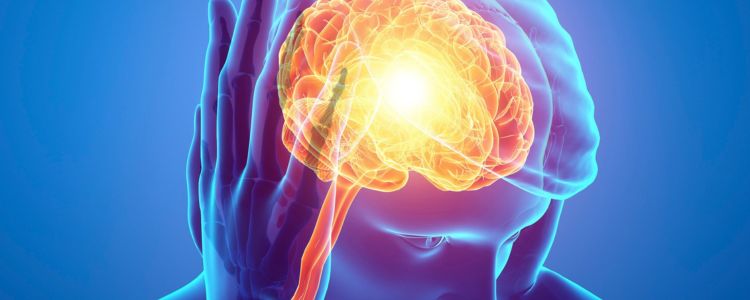
7 Warning Signs You Should Never Ignore For Eyesight Deterioration
- Dr. Aditi Sharma
- No Comments
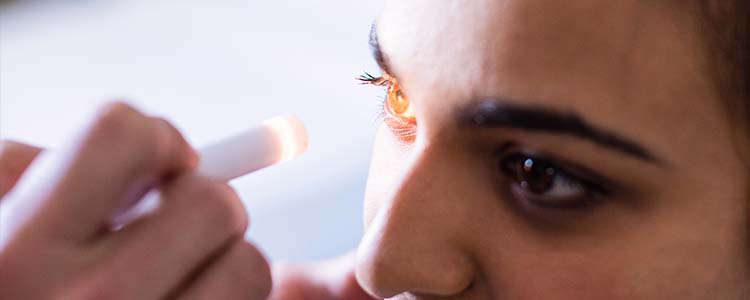
Eyesight, or the ability to see, is essential to enjoying the beauty of life. Therefore, it is important to know the factors that promote good eye health as well as the warning signs and factors that can lead to eyesight deterioration. This article will shed light on the same.
Table of Contents
ToggleWhat Are The Signs And Symptoms Of Eyesight Problems?
Depending on the underlying cause, eyesight issues can occur suddenly or gradually. The signs and symptoms of eyesight deterioration are: –
- Blurred vision
- Double vision
- Reading difficulty
- Impaired night vision
- Light sensitivity
- Glare from sunlight or headlight
- Halos around bright objects
- Peripheral Vision Loss is a problem in seeing objects at the sides without turning the head.
- Central vision loss
- Frequent eye strain and easy eye fatigue
- Squinting
- Headache after focusing eyes
What Are The Causes Of Visual Impairment?
Conditions that adversely affect eye health and cause vision decline are: –
- Cataract or clouding of the eye lens
- Presbyopia or age-related stiffening of the eye lens
- Glaucoma and optic nerve damage
- Macular degeneration
- Refractive errors such as myopia or near-sightedness, hypermetropia or farsightedness, and astigmatism or visual distortion due to irregularly shaped cornea.
- Eye infection and eye injuries
- Family history of eye problems
- Medical conditions such as diabetes, thyroid disorder, vitamin- deficiency, hypertension, and neurological disorders such as optic neuritis and multiple sclerosis.
- Prolonged screen time
- Prolonged exposure to ultraviolet rays
- Poor diet
- Smoking
- Certain medications such as steroids, anti-depressants and antihistamines
- Chronic stress
What Are The 7 Warning Signs Not To Ignore For Visual Impairment?
Knowledge of warning signs of impaired ocular health is essential to take quick action and prevent further damage to the eye. 7 warning signs not to ignore are:
Vision-Related Difficulties
- Blurred vision
- Double vision
- Difficulty in dim light or night vision
- Blind or dark spots in the visual field
- Eye floaters
- Flashes of light
- Halos around light
- Loss of vision in one or both eyes
- The problem is following moving objects
- Difficulty in switching focus between far and near objects
- A distorted vision such that straight lines appear wavy
Discomfort In The Eyes Or Eye Pain
- Persistent dull or sharp pain
- Foreign body sensation
- Dryness of eyes and rubbing frequently
- Watery eye
- Itching eye
Frequent Headache– Due to eye strain, especially after screen use or focusing while reading for a long.
Changes In The Eyes
- Redness
- Swelling
- Ptosis or drooping of eyelids
- Cloudy eye
Abnormal Eye Movement
- Squinting
- Twitching of eyelids
- The problem in focusing or tracking
Photophobia Or Sensitivity To Light or extreme discomfort on seeing in bright lights.
Systemic Symptoms
- Fever or Fatigue associated with eye infections.
- Nausea or Dizziness
Also Read Homeopathic Eye Drops For Myopia: Do They Really Work?
What Are The Steps To Follow For Optimum Eye Care?
Stems for Optimum Optic Health are: –
- 20-20-20 RULE- After every 20 minutes of screen time, take 20 20-second breaks and look at something around 20 feet away.
- Adjust screen settings such as font size, contrast, and brightness, and make sure the screen is 20 inches away from the eyes.
- Work in a well-lit room.
- Wear protective eyewear while working.
- Avoid rubbing your eyes.
- Eat a diet rich in VIT A, C, E, and Omega-3- fatty acids.
- Drink plenty of water.
- Limit screen time.
- Go for a regular eye examination every 1-2 years.
What Is The Role Of Homeopathy In Treating Ophthalmic Symptoms?
Homeopathy plays a significant role in treating various eye conditions and improving visual acuity. Homeopathic medicines have proven their effectiveness in treating eyesight problems, be it eye strain, dry eye, or visual disturbance. When prescribed in the early stages, especially in kids, homeopathic medicine can help eliminate eyeglasses. Certain conditions, such as glaucoma, macular degeneration, and cataracts, respond well when conventional medicines are complemented by correctly chosen homeopathic medicine.
The best homeopathic medicine to treat any given eye condition is the one that is most like the disease manifestation in its totality. For holistic treatment, a trained homeopathic physician takes a detailed case history of the patient and elicits symptoms from both the physical and emotional spheres of the patient.
Certain medicines that have been specially found useful in treating eyesight-related problems are: –
- Conium maculatum: It is useful for photophobia and excessive lachrymation. Eye symptoms are worse in artificial light.
- Euphrasia officinalis (Eyebright): Used for dry, irritated eyes, often due to environmental factors or excessive screen use. There is burning and swelling of eyelids with profuse lachrymation.
- Natrum muriaticum: It is useful for treating eyestrain from working on a screen or reading for a long period of time, sparks or fiery appearance around objects, or even incipient cataracts.
- Physostigma: Thought to help with vision problems such as progressive near-sightedness and blurred vision, photophobia, night blindness, flashes of light, and twitching of ocular muscles. It is well suited for post-diphtheritic paralysis of the eye and accommodation muscles.
- Ruta graveolens: It is useful for treating eyestrain followed by headache. Sewing or reading the fine print can cause eyes to become red, hot, and painful.
Conclusion
Eyesight is essential to lead a good quality life. Blurred vision, double vision, reading difficulty, impaired night vision, light sensitivity, glare from sunlight or headlight, halos around bright objects, peripheral vision loss or problem in seeing objects at the sides without turning head, central vision loss, frequent eye strain and easy eye fatigue, squinting and headache after focusing eyes are warning signs of eyesight deterioration. Ignoring these warning signs can eventually lead to irreversible damage to the eye and even complete loss of vision. Early detection and treatment of these eye conditions can help address underlying causes and preserve vision. Homeopathy has a significant role in treating eyesight-related problems such as eye fatigue, visual disturbances, or dry eye. More serious conditions such as glaucoma and macular degeneration also show better prognosis when conventional treatment is supported by homeopathic medicines. It is always advisable to refer to a trained homeopathic physician for medications.











